Your Complete Guide to Protecting Your New Hair and Maximizing Results
Undergoing a hair transplant in Toronto can be a life-changing decision—restoring not only your hairline but also your confidence. But the real journey begins after the procedure. Post-operative care is crucial for optimal healing, hair growth, and long-term results. One of the most overlooked aspects of recovery is choosing the right hair care products.
If you’re wondering which shampoos, conditioners, and topical treatments are best after your hair transplant in Toronto, you’re not alone. In this guide, we’ll explore the must-have hair care products tailored specifically for post-transplant recovery, and why your choice of products directly impacts the success of your procedure.
Why Post-Transplant Hair Care Matters
After a hair transplant, your scalp becomes sensitive and vulnerable. The follicles are in a fragile state and need proper nourishment to grow strong, healthy hair. Using the wrong products—or even the right products at the wrong time—can lead to itching, infections, delayed healing, or even graft failure.
For Toronto patients navigating a sea of products, the right guidance makes all the difference. Let’s explore how the right aftercare routine and product selection can optimize your results.
Sulfate-Free, Gentle Shampoos
Sulfate-free shampoos are the cornerstone of any post-transplant care routine. Sulfates can strip the scalp of natural oils and irritate healing tissues. Look for shampoos labeled “gentle,” “for sensitive skin,” or “post-surgical.”
Recommended Attributes:
-
pH-balanced
-
Free from harsh chemicals and artificial fragrances
-
Contains aloe vera or chamomile for soothing effects
Top Tip: Start using a mild shampoo only after your surgeon gives you the green light—usually 3–5 days post-procedure.
Hair Growth Serums with Peptides or Caffeine
As your hair follicles begin to settle in and initiate the growth phase, certain serums can accelerate and support this process. Serums containing caffeine, peptides, or biotin stimulate blood circulation and improve follicular activity.
These products are especially popular in Toronto’s dermatology clinics, often recommended as part of a complete post-transplant protocol.
Benefits:
-
Nourishes the scalp without clogging pores
-
Strengthens emerging hair strands
-
Reduces hair shedding during the initial shedding phase
Biotin-Enriched Leave-In Treatments
Biotin, also known as Vitamin B7, is a powerhouse for hair growth. A lightweight, non-greasy leave-in treatment can help revitalize weak follicles and give new strands a healthy environment to grow in.
Look for formulas that also include:
-
Keratin
-
Panthenol (Vitamin B5)
-
Plant-based oils like argan or jojoba
Avoid heavy or oily products in the early weeks after your hair transplant in Toronto, especially those with synthetic ingredients.
Scalp Moisturizers and Healing Sprays
Your scalp may feel tight, itchy, or dry after a transplant. Keeping it hydrated is key to preventing discomfort and speeding up healing. Scalp healing sprays that include natural botanicals like witch hazel, lavender, or green tea can reduce inflammation and improve skin integrity.
These sprays are often used by Toronto clinics specializing in post-op care. They also help minimize scabbing and flaking, two common side effects during the recovery period.
DHT-Blocking Products (Long-Term Use)
Once your hair starts growing back, preserving it becomes the next mission. DHT (dihydrotestosterone) is a hormone associated with pattern baldness. If your hair loss was DHT-related, using DHT-blocking shampoos or serums can help prevent future loss.
While these products aren’t typically used in the first few weeks post-transplant, they become essential after the three-month mark, especially for patients who underwent hair transplant in Toronto to combat male pattern baldness.
Common active ingredients:
-
Saw palmetto
-
Pumpkin seed oil
-
Green tea extract
Products to Avoid After Hair Transplant in Toronto
Knowing what not to use is just as important as knowing what to use. Avoid:
-
Dry shampoos (can clog pores and irritate healing scalp)
-
Alcohol-based products
-
Hair waxes, pomades, and gels
-
Products with artificial colorants and parabens
Remember, your scalp is healing and your new follicles are settling in. The gentler the products, the better the results.
Bonus: Natural Oils for Long-Term Nourishment
Once the recovery stage has passed (around 1–2 months post-procedure), incorporating natural oils into your weekly care routine can help maintain scalp health and boost shine.
Great options:
-
Coconut oil: deep conditioning, antibacterial
-
Jojoba oil: mimics natural sebum, lightweight
-
Rosemary oil: improves blood circulation and follicle activity
In Toronto’s dry winter months, oils can be a lifesaver for transplant patients dealing with scalp dryness.
Building a Hair Care Routine in Toronto’s Climate
Toronto’s weather plays a role in how your scalp behaves after a transplant. In winter, you may experience dryness and irritation. In summer, sweat and humidity can increase the risk of infection if proper hygiene isn’t maintained.
Here’s how to adapt:
-
Use hydrating products in winter (with hyaluronic acid or glycerin)
-
Cleanse your scalp more frequently in summer, but with gentle shampoos
-
Avoid direct sun exposure in the first 2–4 weeks
Pro Tip: Use a loose-fitting, breathable cap when going outside to protect the grafts without trapping sweat.
Where to Find the Best Hair Care Products in Toronto
You can find post-transplant hair care products at:
-
Specialized Toronto hair clinics
-
Dermatologist-recommended pharmacies
-
Organic stores offering clean beauty products
-
Online platforms with verified reviews from Toronto users
Always consult with your hair transplant surgeon or dermatologist before incorporating a new product, especially during the critical healing phase.
Final Thoughts: Protect Your Investment with the Right Products
A hair transplant in Toronto is an investment—in your appearance, confidence, and future. But the results depend heavily on how you care for your new hair in the weeks and months after the procedure.
Choosing the right products isn’t just about aesthetics—it’s about protection, healing, and long-term success. Whether you opt for gentle cleansers, growth serums, or natural oils, ensure every product you use supports your recovery and enhances the health of your new hair.
If you’re unsure where to begin, reach out to your Toronto hair transplant clinic or ask for a personalized post-care kit recommendation. Your future self (and your future hairline) will thank you.

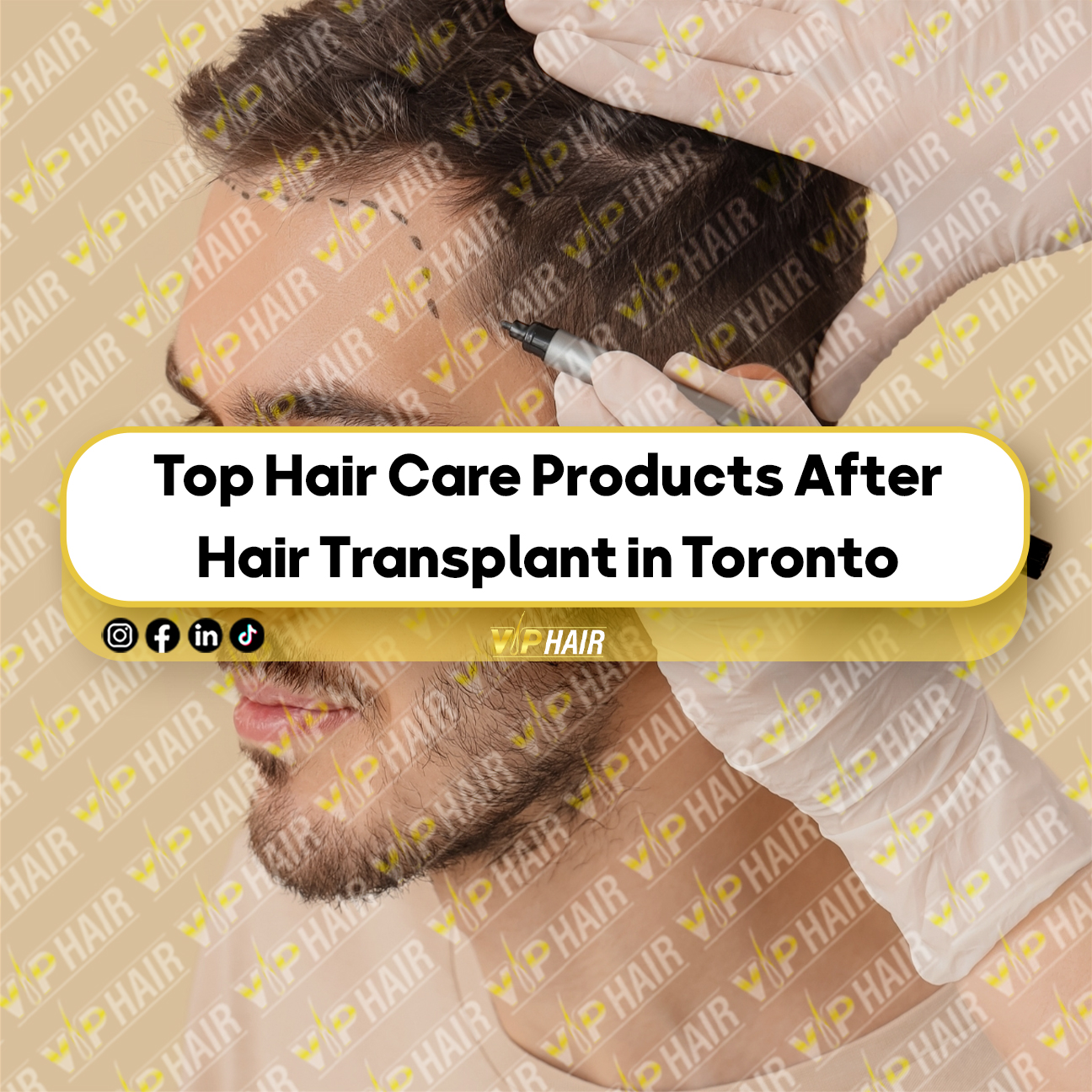
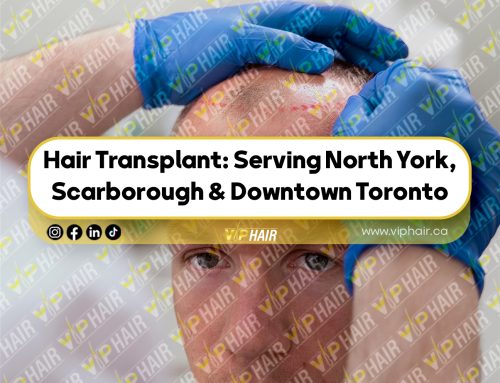
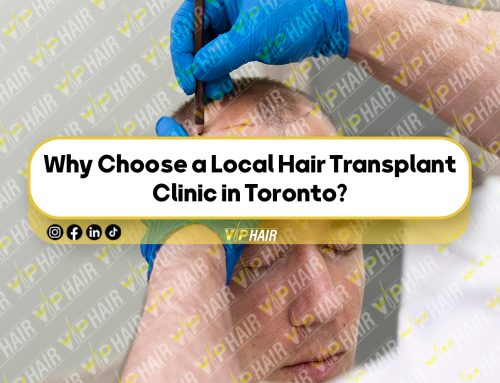
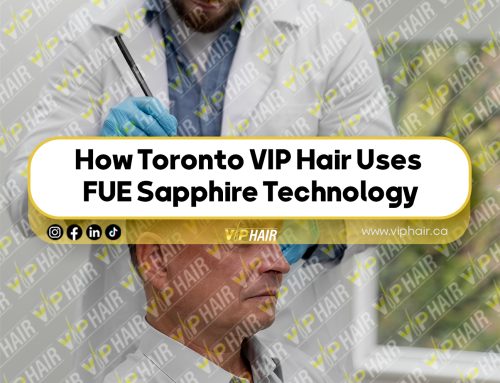
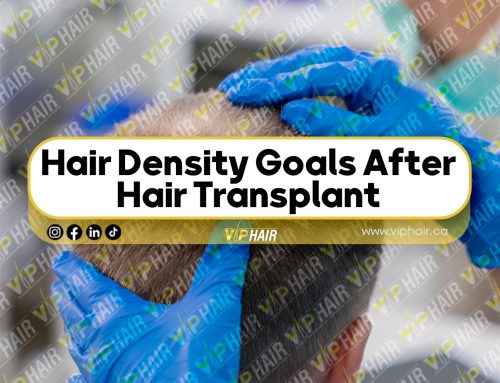
Leave A Comment